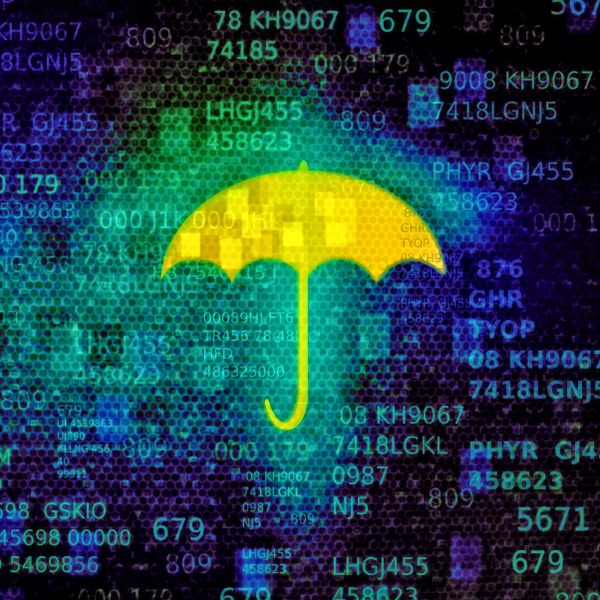Google's Head of Hardware Says House Guests Should Be Informed about Smart Speakers

Homeowners should warn guests of the potential for eavesdropping if the home is equipped with smart speakers that could record or listen in to their conversations, according to Google’s hardware chief, Rick Osterloh.
“Gosh, I haven’t thought about this before in quite this way,” Osterloh, Google’s vice president of devices and services, said when asked about guests and smart speakers. “It’s quite important for all these technologies to think about all users… we have to consider all stakeholders that might be in proximity.”
“Does the owner of a home need to disclose to a guest? I would and do when someone enters into my home, and it’s probably something that the products themselves should try to indicate,” he added in an interview with the BBC about the launch of their new line of products.
A senior Google exec’s admission that the presence of smart speakers should be disclosed to visitors is a much bigger deal than it might seem at first glance. It falls into the same category as a laptop manufacturer telling people they should tape up the camera if they don’t want to get spied on.
Osterloh mentioned that products should indicate when they are on, but that’s not the entire problem. Google and other companies that work in the Internet of Thing (IoT) space have been caught using recordings made by their devices to improve AI.
And houses guests are just one category of potential eavesdropping victims. Let’s say a group of people is sitting down for a drink, and put their phones in front of them. Do they have to disclose that Google Assistant or Siri might record them, without consent? Osterloh’s answer opened a new door and we could see some changes in how smart products make their existence known to people around them.
tags
Author
Silviu is a seasoned writer who followed the technology world for almost two decades, covering topics ranging from software to hardware and everything in between.
View all postsRight now Top posts
Torrents with Pirated TV Shows Used to Push Lumma Stealer Malware
November 14, 2024
What Key Cyberthreats Do Small Businesses Face?
September 06, 2024
FOLLOW US ON SOCIAL MEDIA
You might also like
Bookmarks








